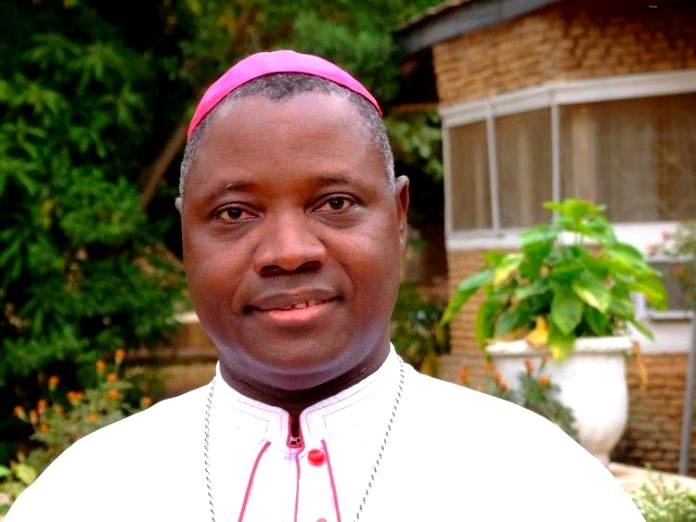The Olufaki of Ifaki-Ekiti,Oba Adegbenro Falore, in Isokan Local Council Development Area of Ekiti, has advised politicians to embrace peace and shun acts capable of causing political tensions in the state.
Falore also admonished the Independent National Electoral Commission (INEC) and other stakeholders to be impartial in the execution of their duties.
The traditional ruler gave the advice in an interview with the News Agency of Nigeria (NAN) on Thursday in Ifaki-Ekiti.
The Olufaki, who graduated from the then University of Ado-Ekiti, now Ekiti State University, however, attributed the continued peace in the town to good relationship that existed between him and his chiefs.
NAN reports that Falore, was installed on Dec. 25, 2021, as the Olufaki following the death of Oba Gabriel Agbaje Aladegbami IV on Nov. 29, 2020, at the age of 97.
Falore said, “We should all demonstrate maturity at the outcome of the primary on Jan. 27 and the main election coming later in the year.
He advised his subjects to live harmoniously with one another for the town to sustain the peace for which it was known for.
According to him, I will ensure that those things that will encourage Ifaki sons and daughters in Diaspora to come home are put in place for them to equally contribute their quotas to the progress of the town.
The traditional ruler said that as a young man with age favourably on his side, his prayer was that the God should give him the grace to live long for the people to benefit from his leadership.
He urged other traditional rulers to assist the government at all levels in the fight against insecurity.
Falore said that this would involve going back to the drawing board with a view to restoring the age-long methods of tackling crimes and criminalities in the society.
He described the traditional institution as a body that has been in place before the advent of the colonialists.
The Onifaki of Ifaki, casting his mind back to the days when certain functions were within the purview of the traditional rulers, said that when sanctions were meted out to the culprits, they would serve as a deterrent.
“Those who committed crimes were quickly brought to justice, because of the powers conferred on the traditional institution.
“But these days, the judicial process is dilatory in trying the offenders or frustrated by the interference of the powers-that-be,” he said.
The traditional ruler said that compromise, bias and insensitivity had encouraged the societal ills to thrive.
“In those days, there was nothing like terrorism, banditry, kidnapping, robbery, murder, rape, stealing, among others.
“This was because stringent policies, rules and regulations were entrenched to checkmate them through the inputs of the traditional rulers,” he said. (NAN)




